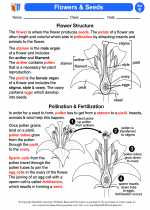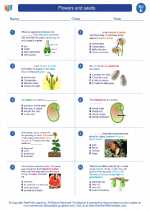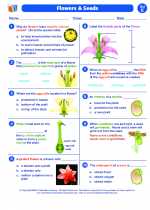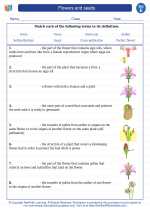Regulatory Systems
The regulatory systems in living organisms are responsible for maintaining internal stability and responding to changes in the environment. These systems help to regulate various physiological processes, ensuring that the body functions properly and adapts to different conditions.
Nervous System
The nervous system is a complex network of nerves and cells that transmit signals between different parts of the body. It regulates and coordinates body activities by detecting changes in the environment, processing the information, and initiating appropriate responses.
Endocrine System
The endocrine system consists of glands that produce and secrete hormones to regulate various bodily functions. Hormones act as chemical messengers, affecting metabolism, growth, development, and mood. The endocrine system helps maintain internal balance and responses to stress and injury.
Immune System
The immune system protects the body from harmful substances, pathogens, and abnormal cells. It includes various organs, cells, and proteins that work together to defend against infections and diseases. The immune system also regulates inflammation and promotes tissue repair.
Study Guide
- Define regulatory systems and explain their importance in living organisms.
- Describe the functions of the nervous system in regulating body activities and responding to environmental changes.
- Identify the glands and hormones involved in the endocrine system and their roles in maintaining internal balance.
- Explain the role of the immune system in protecting the body from infections and diseases, and its involvement in regulating inflammation and tissue repair.
- Discuss the interconnections and interactions between the nervous, endocrine, and immune systems in maintaining overall homeostasis.
◂Science Worksheets and Study Guides Fifth Grade. Flowers and seeds

 Activity Lesson
Activity Lesson
 Worksheet/Answer key
Worksheet/Answer key
 Worksheet/Answer key
Worksheet/Answer key
 Worksheet/Answer key
Worksheet/Answer key
 Worksheet/Answer key
Worksheet/Answer key
 Vocabulary/Answer key
Vocabulary/Answer key
 Vocabulary/Answer key
Vocabulary/Answer key
